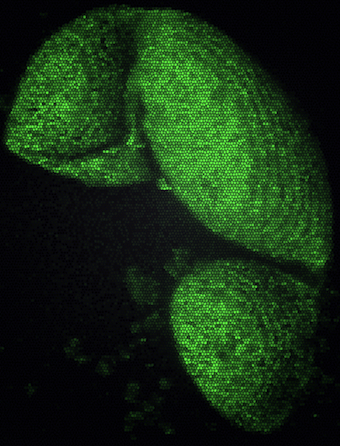Trees Weathered the Ice Age
Pine and spruce trees managed to survive in certain spots in Scandinavia, according to DNA analyses
/https://tf-cmsv2-smithsonianmag-media.s3.amazonaws.com/filer/20120302090118coring-470.jpg)
During the last glacial period, from about 100,000 to 12,000 years ago, most northern parts of the world were covered in sheets of ice, wiping out any possibility of vegetation.
Well, not quite. It seems that pine and spruce trees, at least, were able to survive in certain spots in Scandinavia, according to DNA analyses reported in today’s issue of Science.
Researchers first analyzed mitochondrial DNA, which accumulates mutations slowly over generations, from modern Scandinavian trees. They identified two distinct lineages.
The first appears in trees from Scandinavia as well as those scattered across southern Europe. This evidence fits with a previously accepted theory saying that trees survived the glacial period only in more temperate Southern regions and then, once the ice began to melt about 9,000 years ago, gradually made their way back up north.

Micrograph of ancient pine pollen. Image from Science/AAAS
But the researchers also found a much older lineage—that is, samples with more genetic mutations in their mitochondrial DNA. This lineage was limited to trees in a small region of western Scandinavia. Because of its proximity to the relatively warm Atlantic Ocean, this particular spot had ice-free patches during the glacial period, presumably allowing some trees to survive.
To test this hypothesis, the team also looked at the DNA of ancient pollen found in cores of ice from Norwegian lakes. The pollen showed that trees grew nearby as long as 22,000 years ago, despite being surrounded by ice.
As well as uprooting the trees’ ancestral history, the new study could help researchers identify the genetic variations that allowed these species to be so flexible during a period of dramatic climate change.